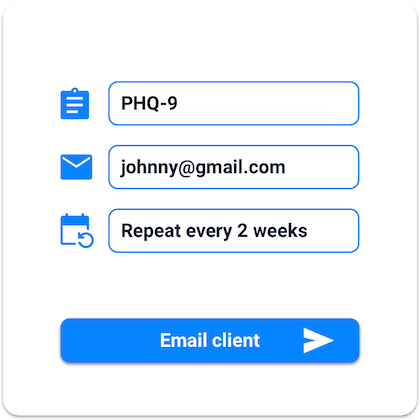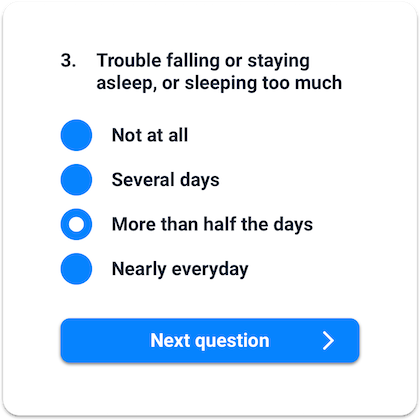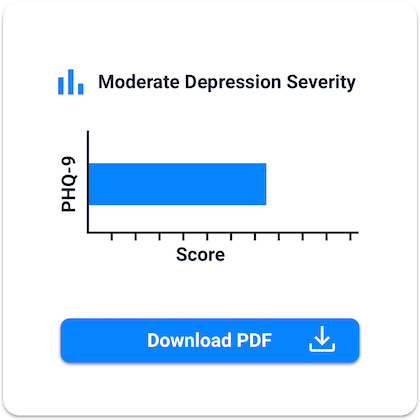Online psychometric testing software for behavioral health professionals
- Wide range of standardised psychological assessments
- In-clinic and remote administration
- Automatic scoring, graphing and reporting
- Secure HIPAA compliant clinical record keeping
- Works across devices - desktops, laptops, tablets and smartphones
- Designed for psychologists, therapists, social workers, counselors, psychiatrists and behavioral health professionals










